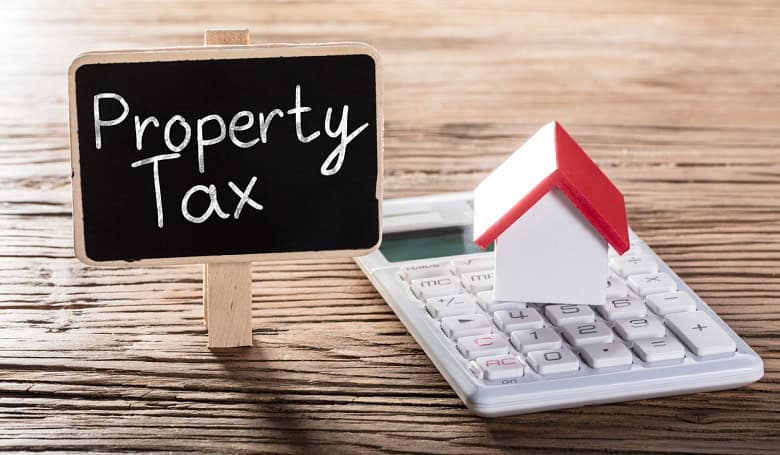In a strategic move to secure a bailout package from the International Monetary Fund (IMF), the government of Pakistan has introduced significant tax hikes in the real estate sector. This new fiscal policy includes substantial increases in taxes on both plots and constructed lands, aiming to boost revenue and streamline taxation.
Capital Gains Tax Rates
The revised tax rates for capital gains on property have been uniformly set at 15% for filers, irrespective of the duration of ownership. This consistent tax rate applies across all holding periods, marking a departure from previous tiered structures:
Up to 1 year: 15%
1 to 2 years: 15%
2 to 3 years: 15%
3 to 4 years: 15%
4 to 5 years: 15%
5 to 6 years: 15%
Over 6 years: 15%
Advance Tax on Sale of Immovable Property
The advance tax on the sale of immovable property has also been revised based on property value and filer status. The new rates are structured as follows:
Property Value up to Rs. 50 million:
Filers: 3%
Late Filers: 6%
Non-Filers: 10%
Property Value between Rs. 50-100 million:
Filers: 3.5%
Late Filers: 7%
Non-Filers: 10%
Property Value above Rs. 100 million:
Filers: 4%
Late Filers: 8%
Non-Filers: 10%
Government’s Rationale
The government’s decision to implement these new tax rates reflects its commitment to transparency and fair tax distribution. By aligning with international financial obligations, these measures contribute to the nation’s economic stability. The uniform tax rates are designed to create a more predictable and fair taxation environment, potentially leading to greater stability and accountability in the real estate sector.
The new property tax rates in Pakistan represent a significant shift in the country’s approach to real estate taxation. With the uniform capital gains tax and revised advance tax on sales, the government aims to simplify the tax system, enhance revenue, and meet IMF requirements. These changes are expected to have a profound impact on property transactions and ownership, promoting fairness and stability in the market.













